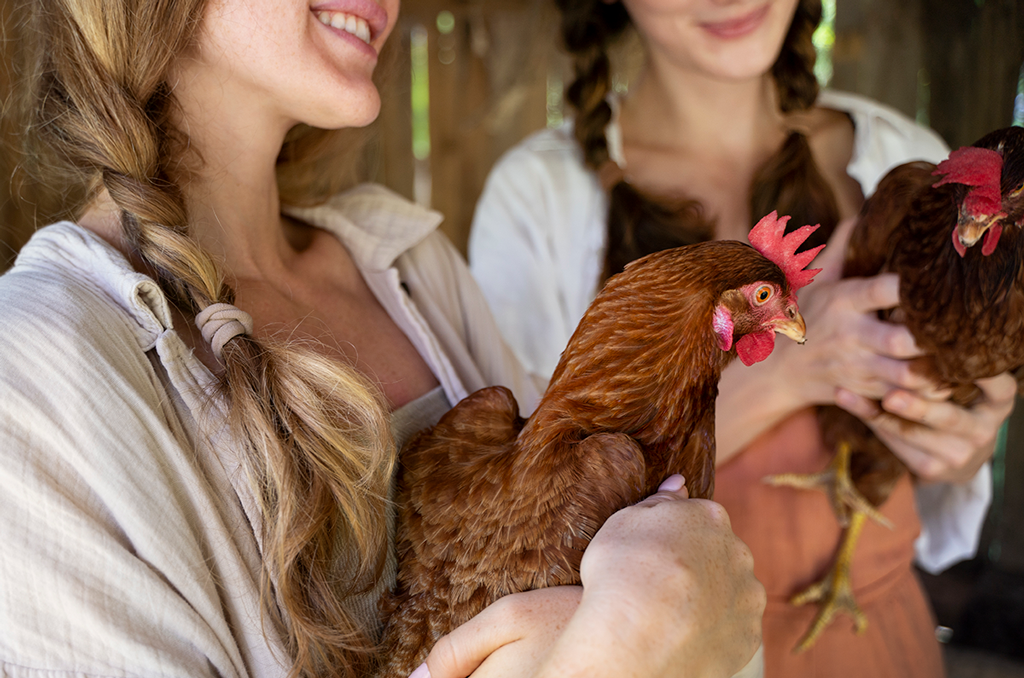
Montana’s Local Meat Producers Forge New Paths
- foodfightadmin
- October 25, 2023
- Agriculture, Hunger In America, State
- adlps, ads pages
- 0 Comments
In Montana, a state known for its sprawling ranches and abundant cattle, local meat producers are carving their own paths in the face of an increasingly consolidated meat market. Amid ongoing challenges, these producers are finding innovative ways to feed their communities and support local economies.
During the early days of the COVID-19 pandemic, Kira Jarosz and her husband Tim Anthony, co-owners of Black Dog Farm in Livingston, experienced a surge in demand for their locally raised chicken and pork. Similarly, Matt Skoglund of North Bridger Bison in Wilsall adapted to the rising demand, harvesting nearly a bison a week last year.
Despite Montana’s significant agricultural economy, a mere 3 percent of the food consumed by Montanans is produced within the state, a steep decline from the 70 percent in the 1950s. This gap is partly due to the dominance of large conglomerates like Cargill and Tyson Foods in the meat processing industry, which control a significant portion of the market.
Local producers like Jarosz and Skoglund, however, are challenging this trend. By raising, slaughtering, and marketing their own meat, they are bringing more transparency and locality to meat production. Black Dog Farm, for instance, has built its own processing facility, funded in part by the CARES Act, allowing them to process up to 20,000 birds a year on-site.
Jaimie Stoltzfus, owner of Cowgirl Meat Co. in McLeod, faces similar challenges. The pandemic highlighted the limitations of Montana’s meat processing infrastructure, with increased demand for local food clashing with limited processing capacity. Despite these hurdles, Stoltzfus and her husband manage the P Bar Ranch and have started their own label, Cowgirl Meat Co., to sell beef directly to consumers, capturing a larger portion of the retail dollar.
Consolidation in the meatpacking industry has had far-reaching effects. Ranchers now receive only 40.5 cents for every consumer dollar spent on beef at grocery stores. This trend, coupled with the lack of local processing facilities, means most meat consumed in Montana is processed elsewhere.
In response, innovative solutions like the mobile meat processing trailer by Warrior Meat Company on the Northern Cheyenne Reservation are emerging. This initiative, part of the nonprofit Peoples Partners for Community Development (PPCD), aims to build food security for tribal members and the broader community.
The challenges faced by these local producers highlight a broader issue in the American food system – the need for more local processing capabilities to support small scale farmers and ranchers. As these Montana producers prove, there is a growing movement towards more locally sourced, sustainably produced meat, which not only supports local economies but also provides consumers with healthier, more transparent food options.








